For several years now, the Distant Plateaus of Wine Foundation has been providing opportunities for young Armenian winemakers and viticulturists to gain experience and improve professional skills by working in Australian vineyards and wineries.
GastoVino talked to foundations founder, YFN Highlands LLC’s general director Dr. Simon Appleby about the idea and concept of the project.
The fast-growing industry
I first came to Armenia at the invitation of a friend in 2015 just to get a feel for what was going on in Armenia at the time in agriculture and other sectors such as hospitality, tourism, etc. We had some advisory activities in Armenia, but I have always been interested in the professional development of young people in the Caucasus in both Georgia and Armenia, and have been looking at ways through my own efforts to improve that.
Simon Appleby | Image by: Simon Appleby’s archive
I looked at an industry that was growing quite fast in Armenia with the existing very good efforts to raise the level of managerial competence, and that was the wine industry. The Agrarian University of Armenia and the EVN Wine Academy are doing a wonderful job in terms of producing specialists in this field. So the basic human resources platform is taking shape quite nicely in Armenia. However, the majority of people in this field have only worked within the country and have no work experience in overseas industry. To develop a program to fill this gap, I began to look at the example of my home country, Australia․
Orange's experience in winemaking development
Australia went through a radical expansion in its wine industry starting in the 1970s. To develop indigenous capability, you needed universities and colleges, but it was also very useful for young winemakers or viticulturists to do a season abroad. And because we are in the Southern Hemisphere and the seasons in the Northern Hemisphere are six months different, you could do a placement in an enterprise in one of the European countries without it massively interrupting operations in your home enterprise. This became a very common thing in Australia from the early 80s on, and it still is.
Image by: Simon Appleby’s archive
And so I looked at how we could adapt that model for the Armenian reality. As the exchanges with Southern Hemisphere wineries make a lot of sense, I started figuring out the right strategies to help Armenian young winemakers in gaining work experience in Australia.
Vahe Keushguerian and Simon Appleby | Image by: Simon Appleby’s archive
For the sustainability of the project and continuous cooperation, it was right to choose an industry that meets the standards of Armenia, so I decided to start a partnership with the city of Orange, Australia. Winemaking here has grown tremendously over the past 20 years, gaining recognition as a premier high-altitude wine production region. The industry is small here and everyone knows everyone, so in this sense, it is quite close to Armenia.
Establishment of cooperative relations
To start the project, I founded the "Distant Plateaus of Wine" foundation. About four years ago, I went down to Orange with another Armenian winemaker, Vahe Keushguerian to interact with the Orange Region Vignerons Association and local government so that they could know more about us and we could know more about them. We visited dozens of wineries, learning about local wine production and introducing Armenian wine.
Image by: Simon Appleby’s archive
We also had a wine degustation there, which was very successful, as the Australian winemakers were pleasantly surprised by the high standards of Armenian wine. They agreed to accept winemakers from Armenia to work with them. Australia's rural industries have always had labor shortage․
The first one was challenging
The first fellow we sent down was a winemaker from Kataro, Andranik Manvelyan. It went a little more complicated than we thought, as during that time there were massive bushfires in eastern Australia. While Orange itself was not badly affected by fire, there was smoke from other regions that was carried by the wind up to there and that has some negative implications for the wine taste.
Simon Appleby | Image by: Mediamax
They also had a drought, so the yield was relatively small, but his employers really took very good care of him and they also arranged some side trips for him for his professional development. But then COVID-19 occurred and he managed to get more or less the last plane back to Armenia before the borders closed. That was a challenging first posting for our little foundation.
The start of the active phase
With the easing of the pandemic, when it is relatively easier to travel to Australia, the program continues to operate actively. In the upcoming season, we have 5 participants: one grape viticulturist and 4 winemakers, who will work in different wineries.
We make announcements for the selection of participants and since the industry here is very small, the opportunity is pretty well known. We managed to find jobs for all applicants this year. We make the selection on the basis of CV, opinions of employers, and interviews with applicants. Besides, I have known the people for some years through the industry.
Image by: Simon Appleby’s archive
Our ambition is to provide this opportunity to up to 10-12 participants each year. In ten years, we will have 100 specialists who have gained solid experience in Australia. We are also hoping to eventually be able to welcome winemakers from Australia to Armenia for consulting in wineries.
One of the important components of the program is that the participant is paid quite well for his work, so he is able to cover his living expenses and return to Armenia with additional earnings. The main problem is to reach an agreement with the local employer to be absent for 3-6 months.
The role of work organization
One of the key differences between Australia and Armenia is the high efficiency and high cost of labor. For this reason, wineries are better organized, and equipped with innovative technologies, so that they can operate with as little labor as possible.
In the case of Armenia, even if there is a high level of unemployment, it is still very difficult for wineries to find suitable employees, so proper organization of work and automation of processes is very important.
Simon Appleby | Image by: Mediamax
I have traveled a lot in Armenia during the past 7 years, and I can say that there are quite suitable lands for growing grapes. The problem is the lack of water, and more precisely, the irrational use of water, when the vast majority uses flood irrigation, two-thirds of the water is being wasted. The rationalization of the existing water supply will allow a significant expansion of wine production.
Gayane Yenokyan
The interview was conducted at Decant Wine Shop



 ×
×


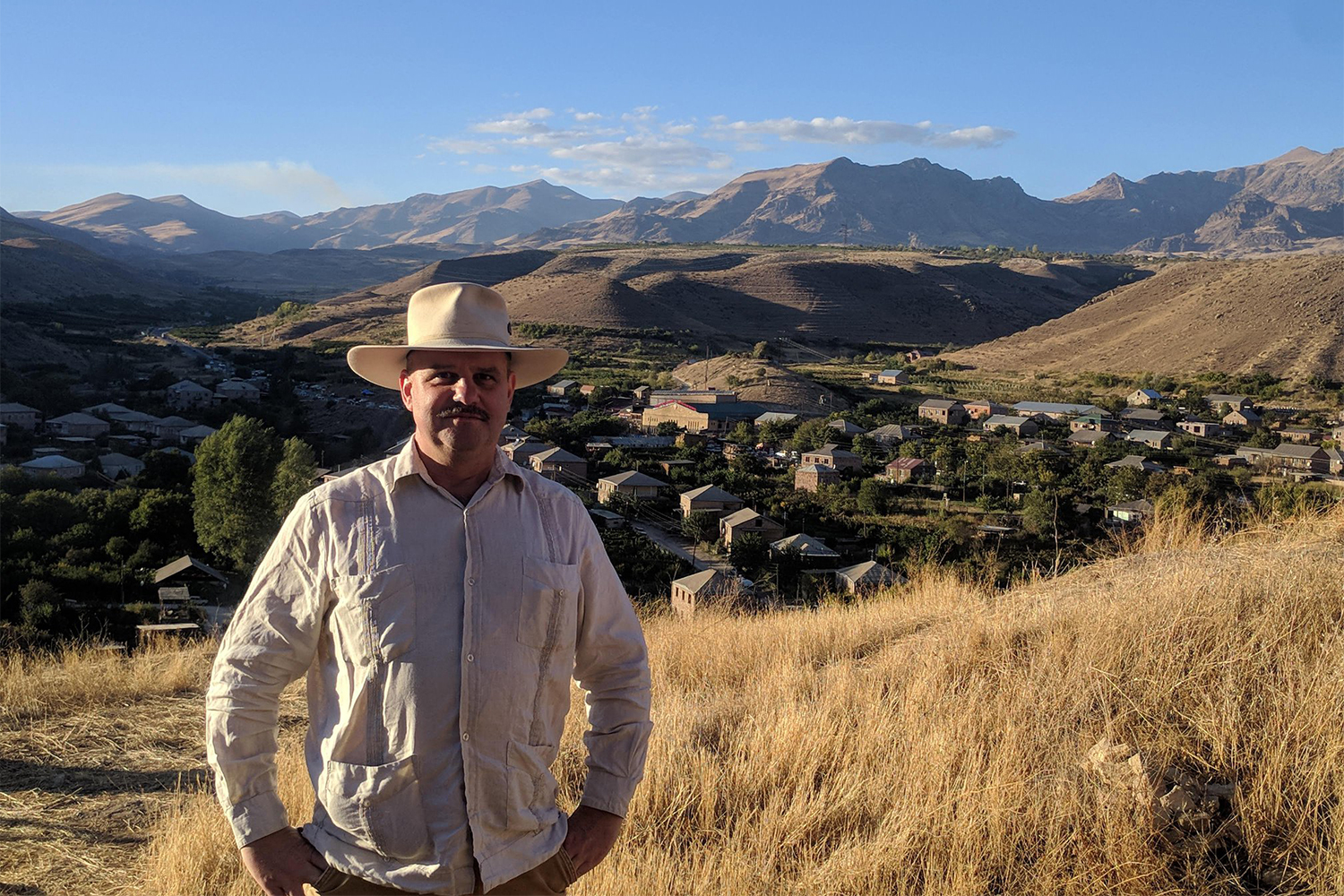
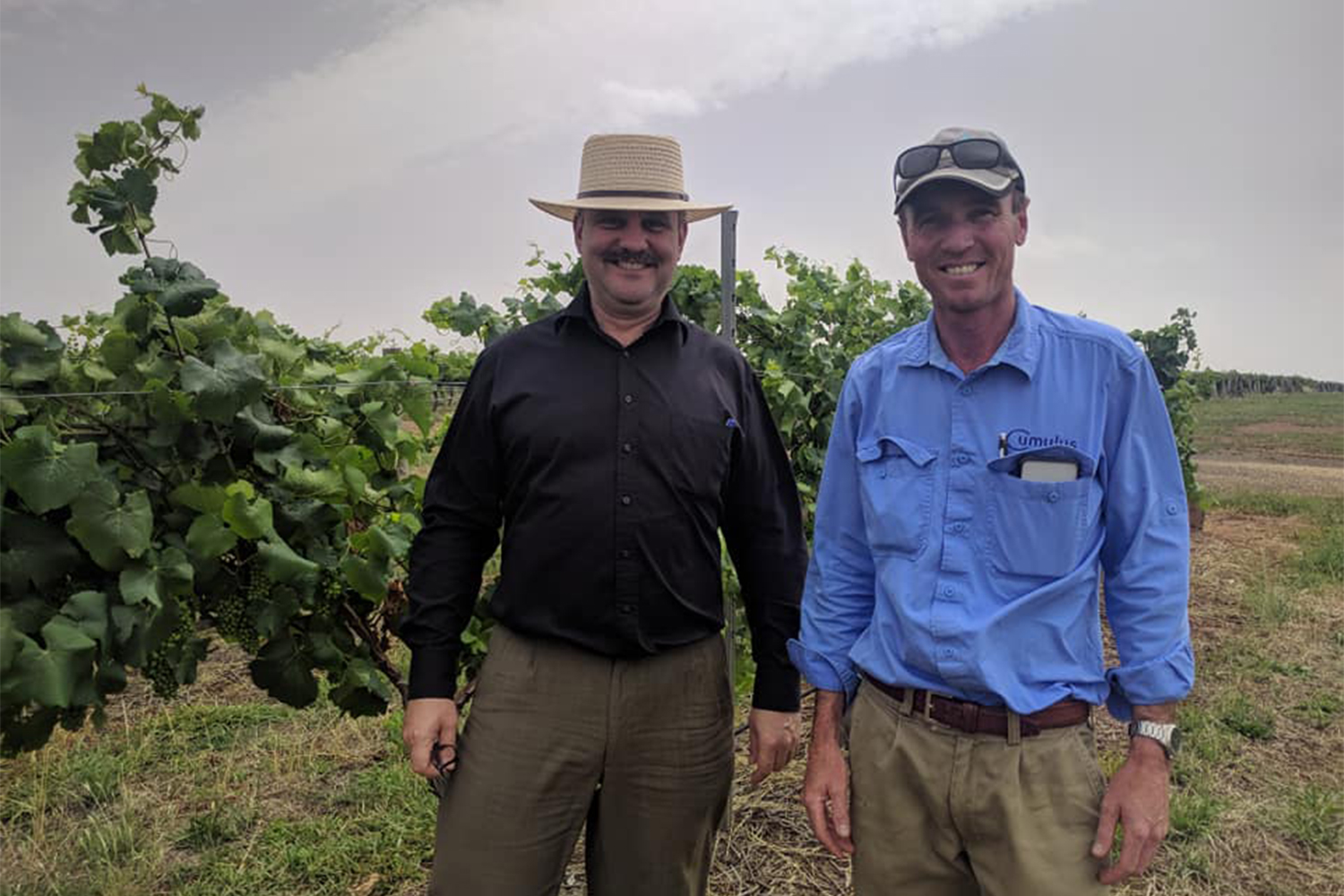
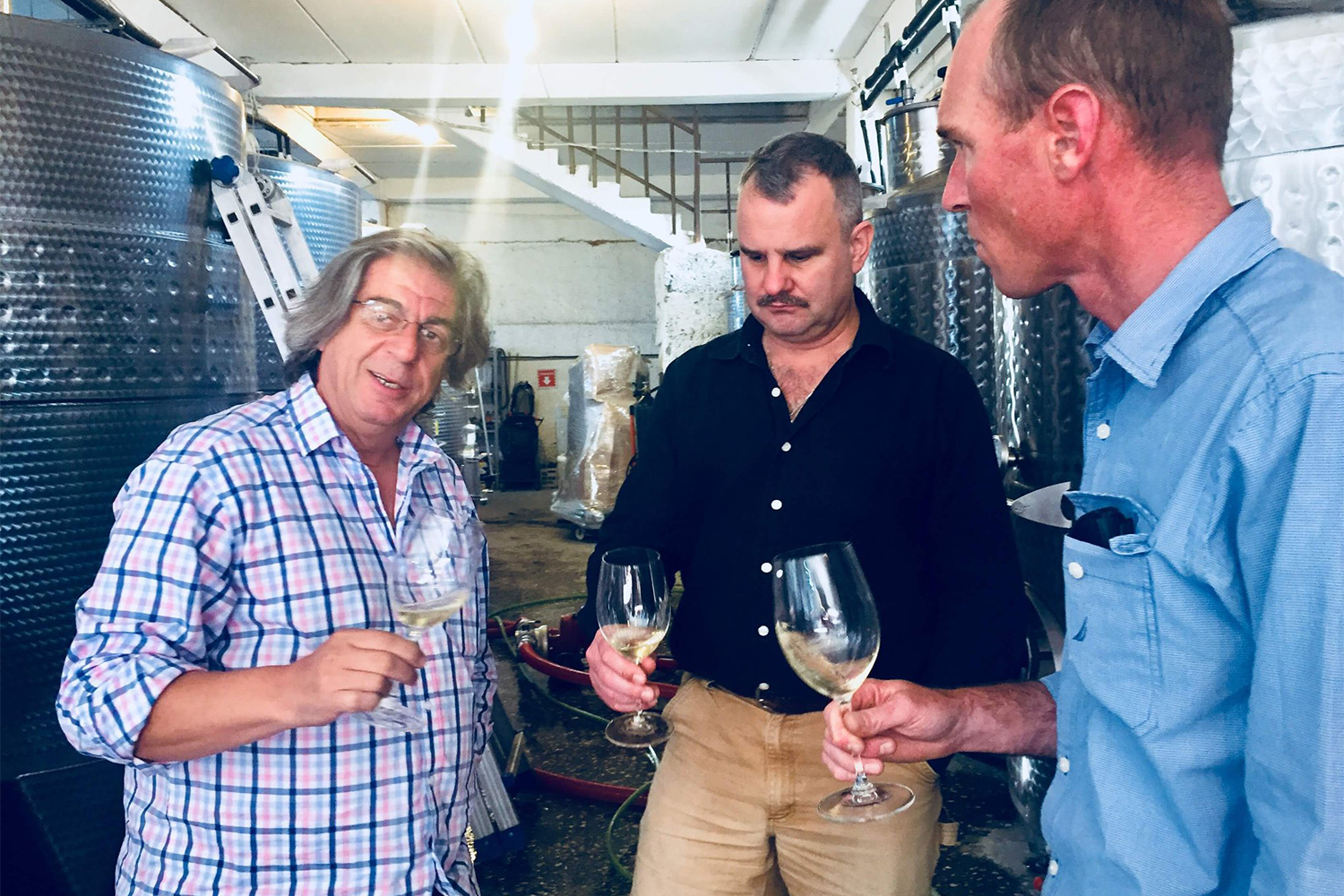
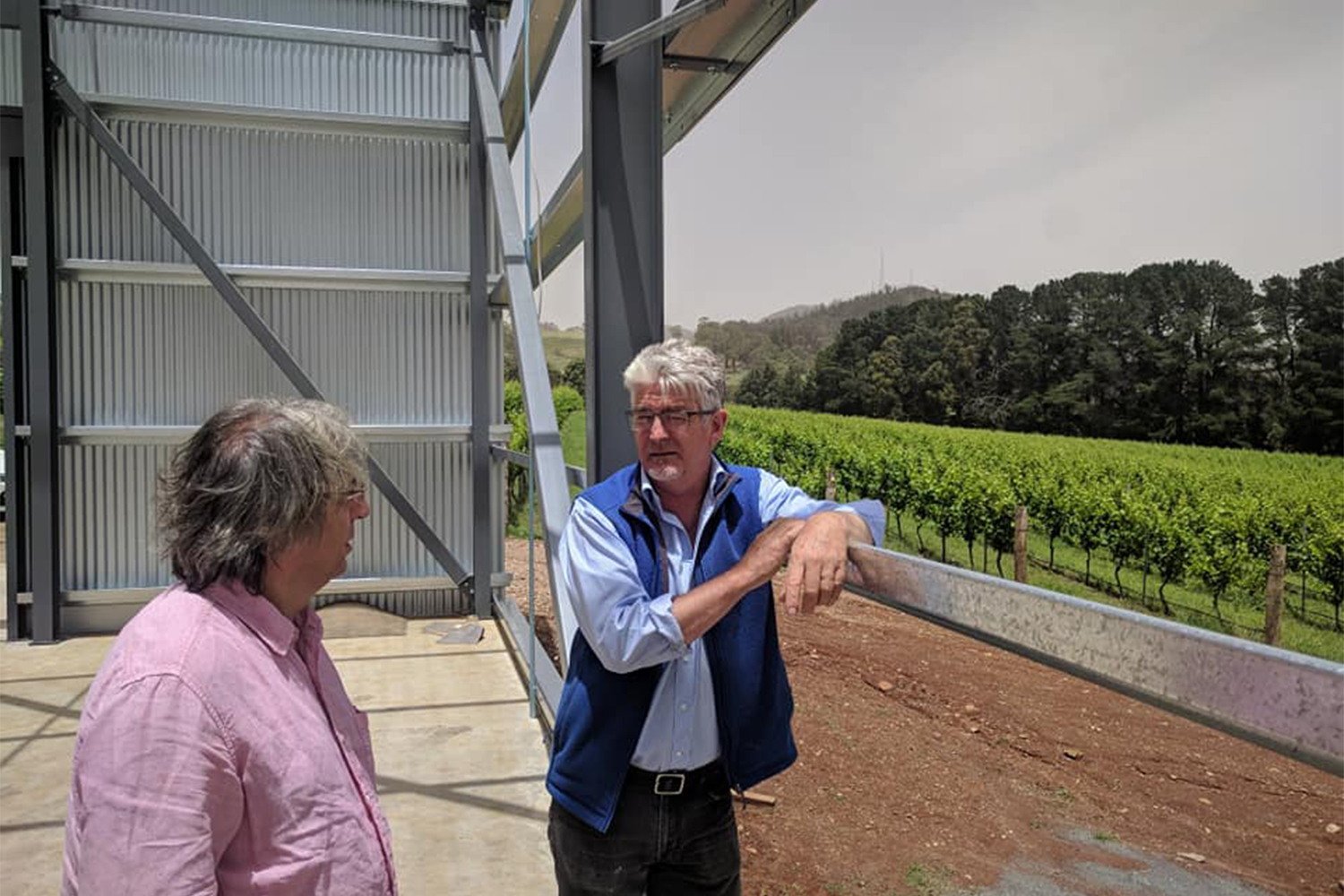
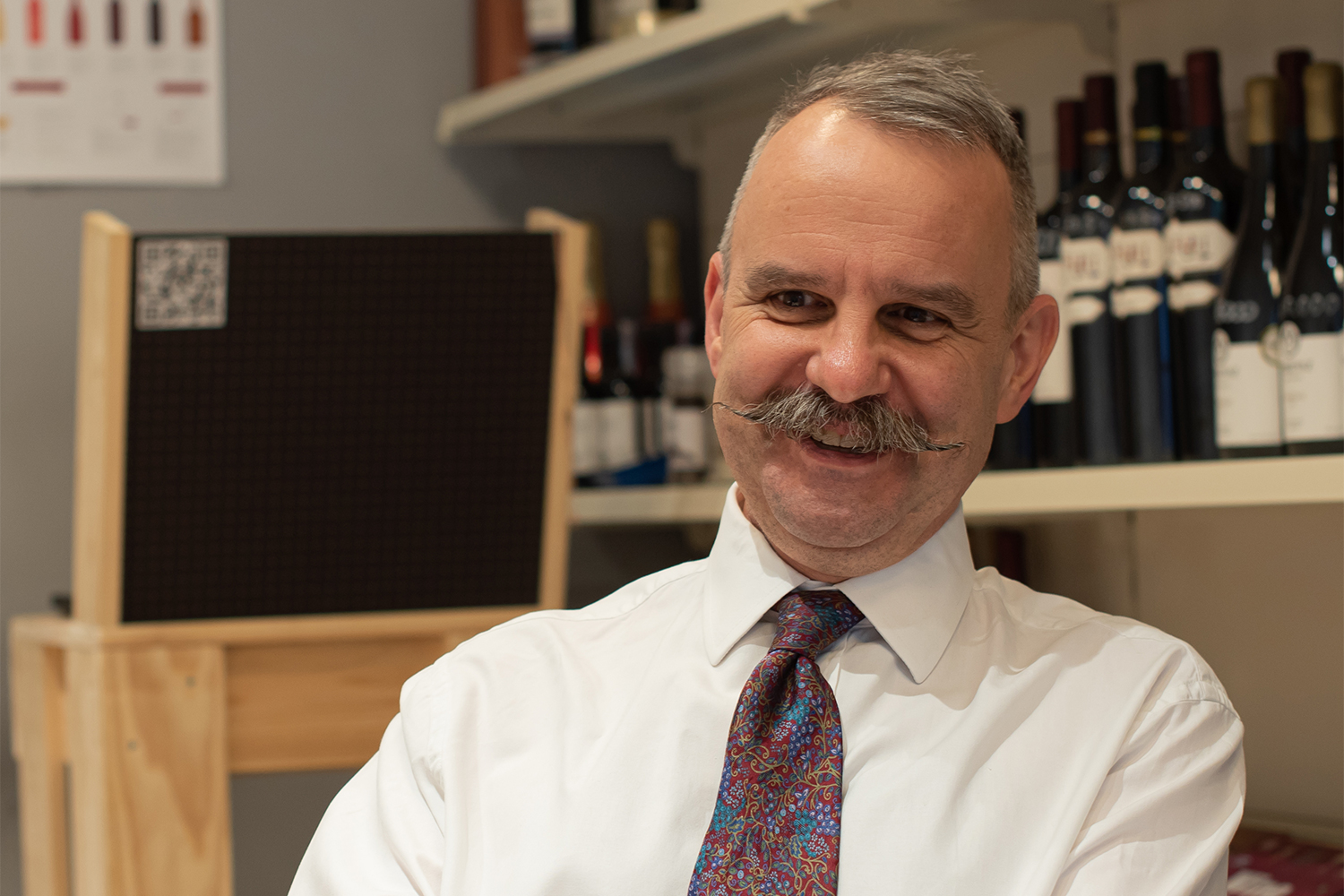
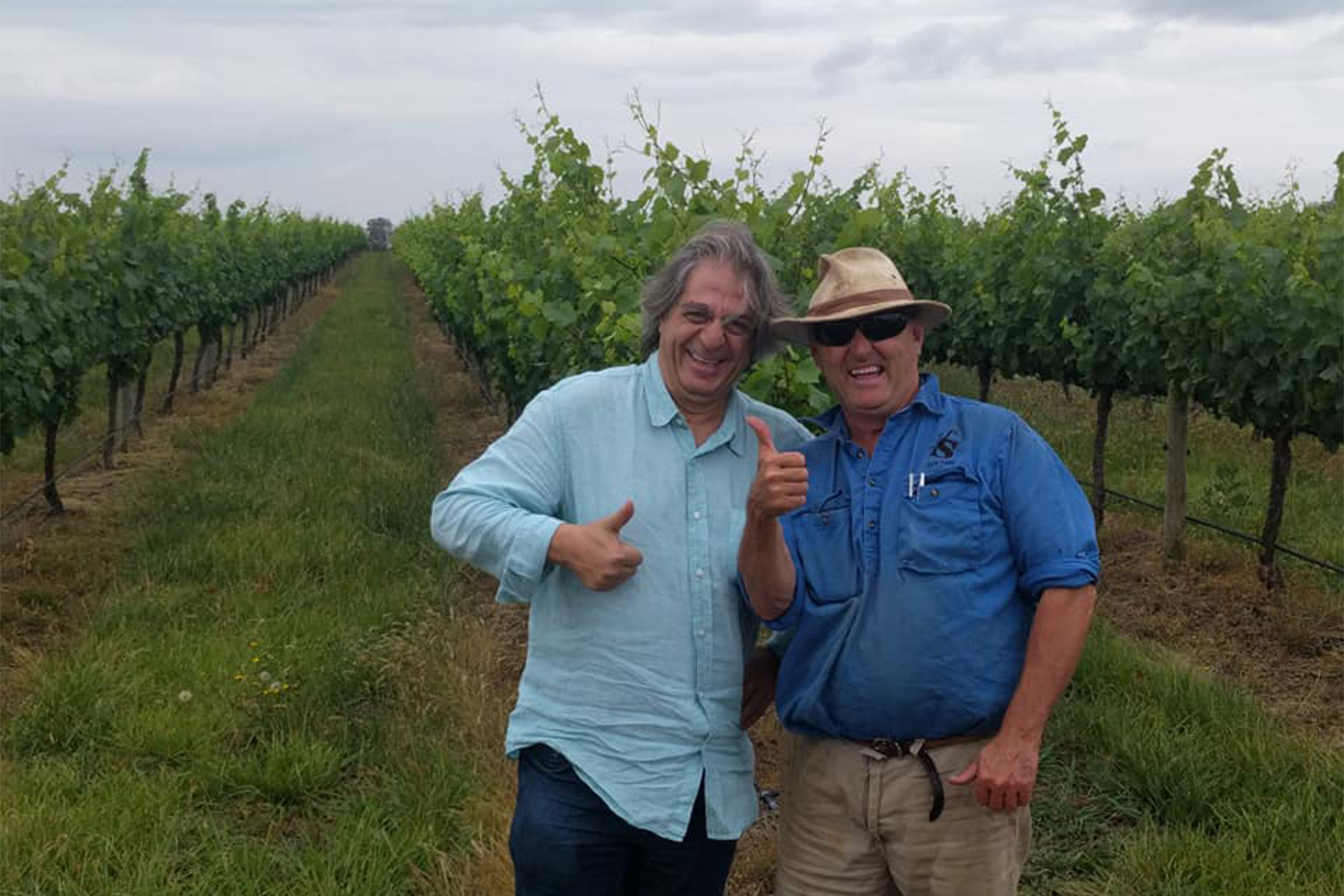
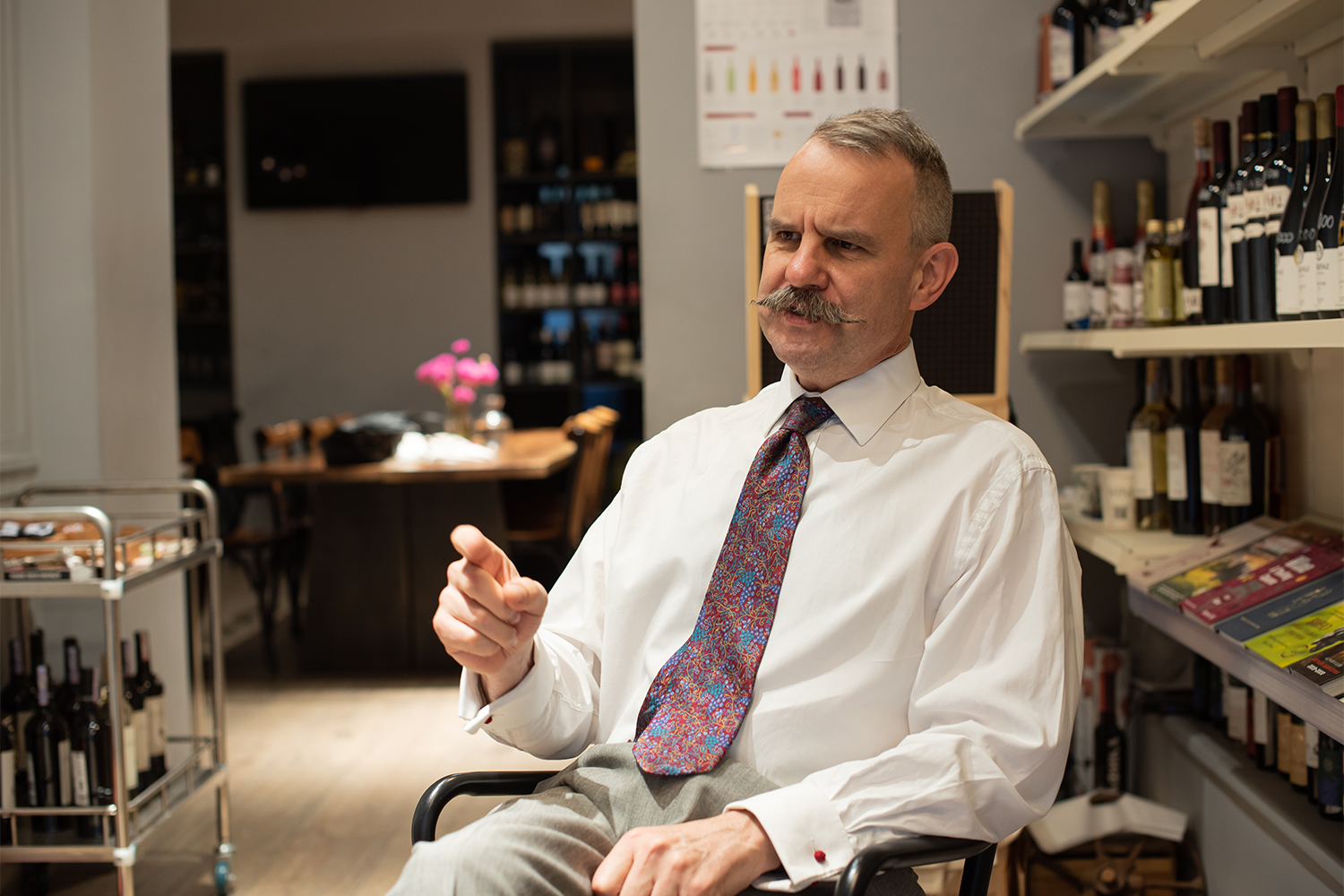




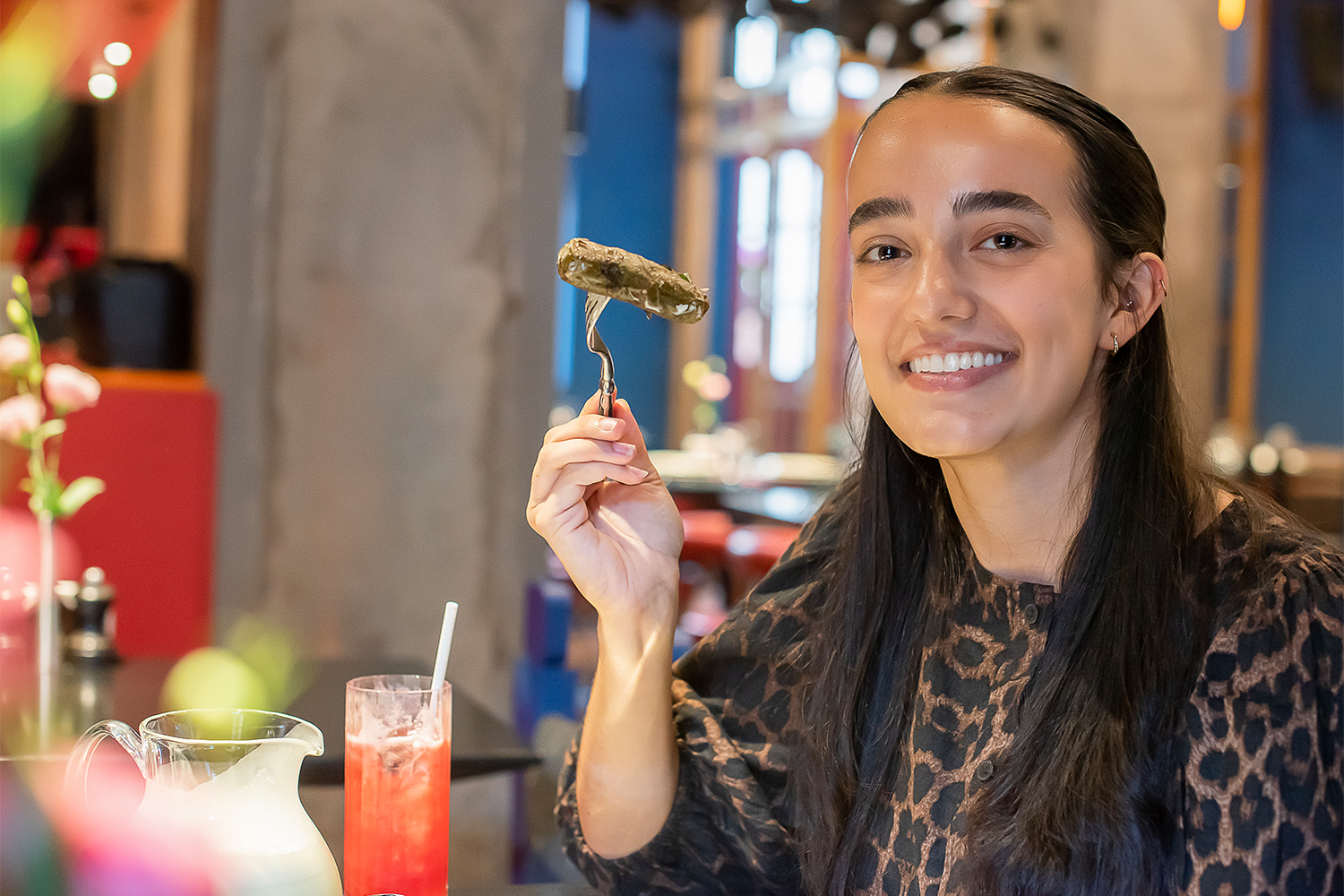
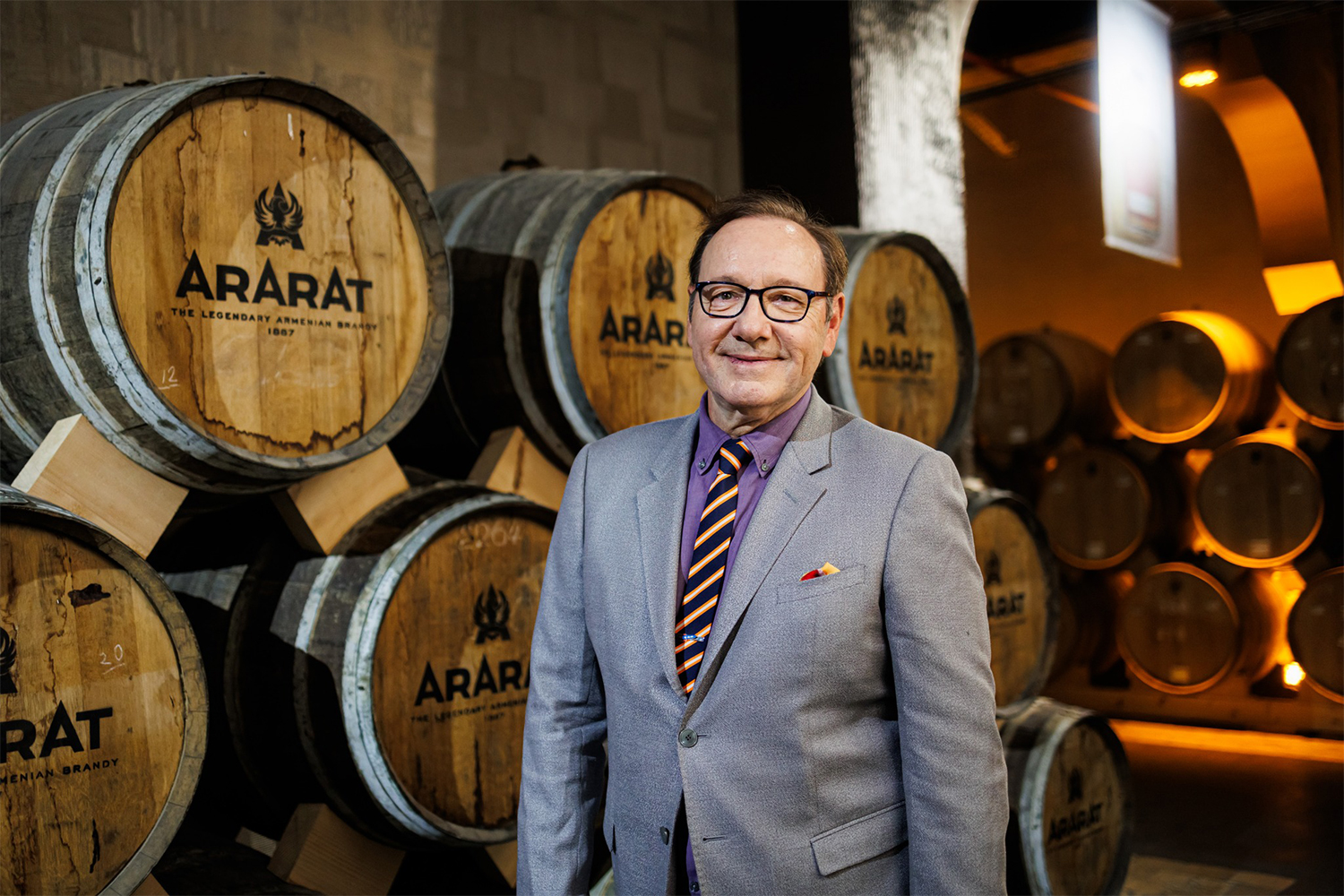


Comments
Dear visitors, You can place your opinion on the material using your Facebook account. Please, be polite and follow our simple rules: you are not allowed to make off - topic comments, place advertisements, use abusive and filthy language. The editorial staff reserves the right to moderate and delete comments in case of breach of the rules.